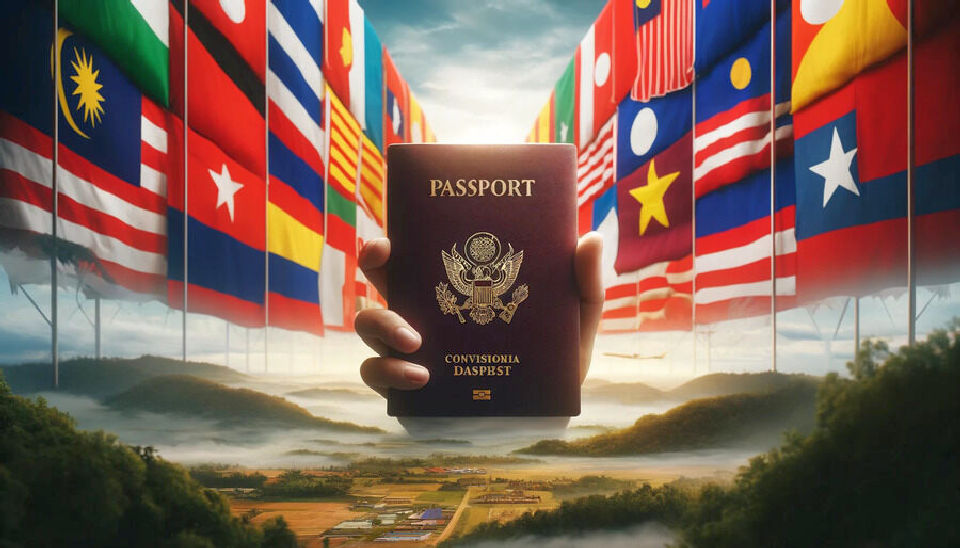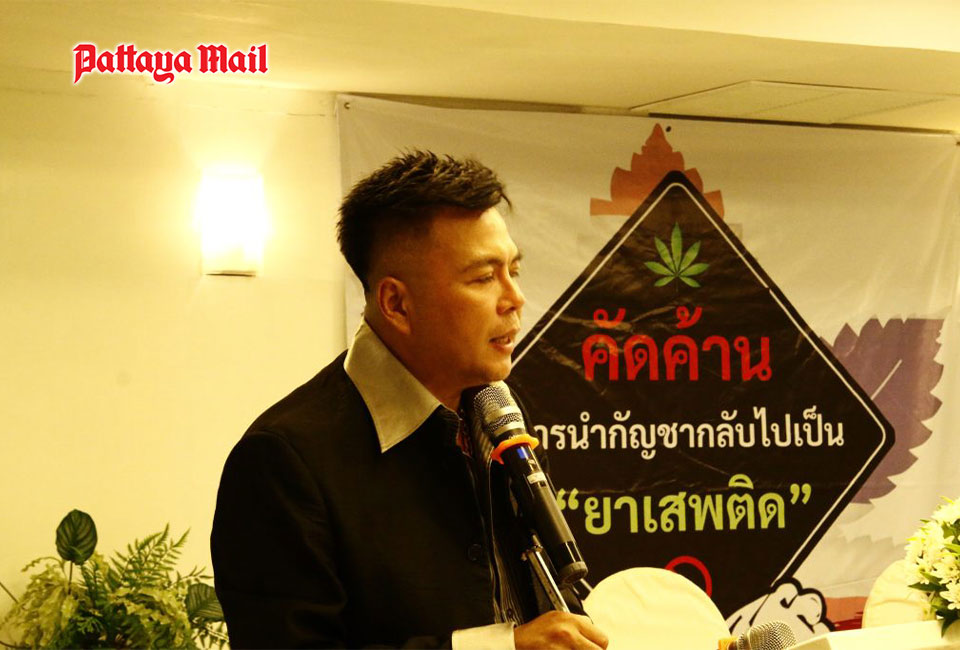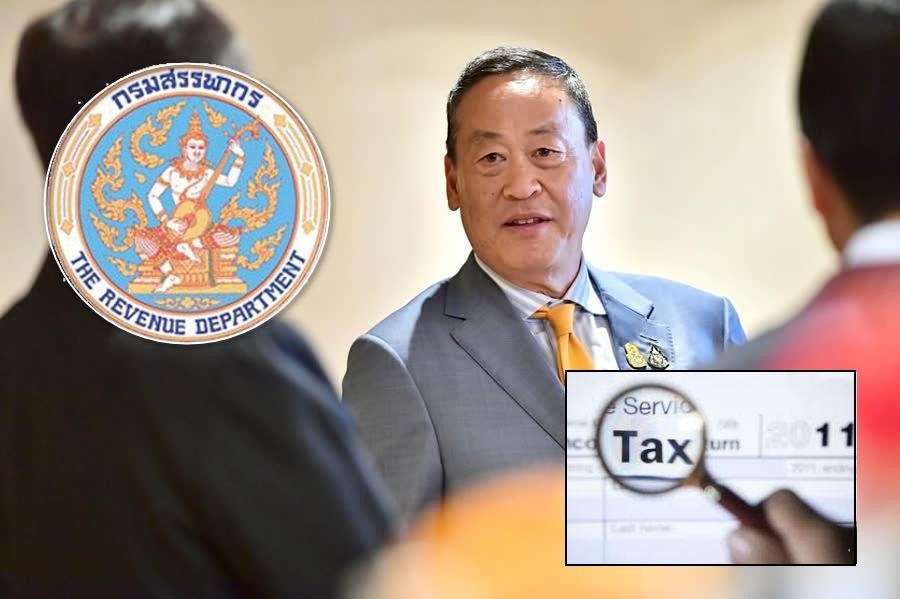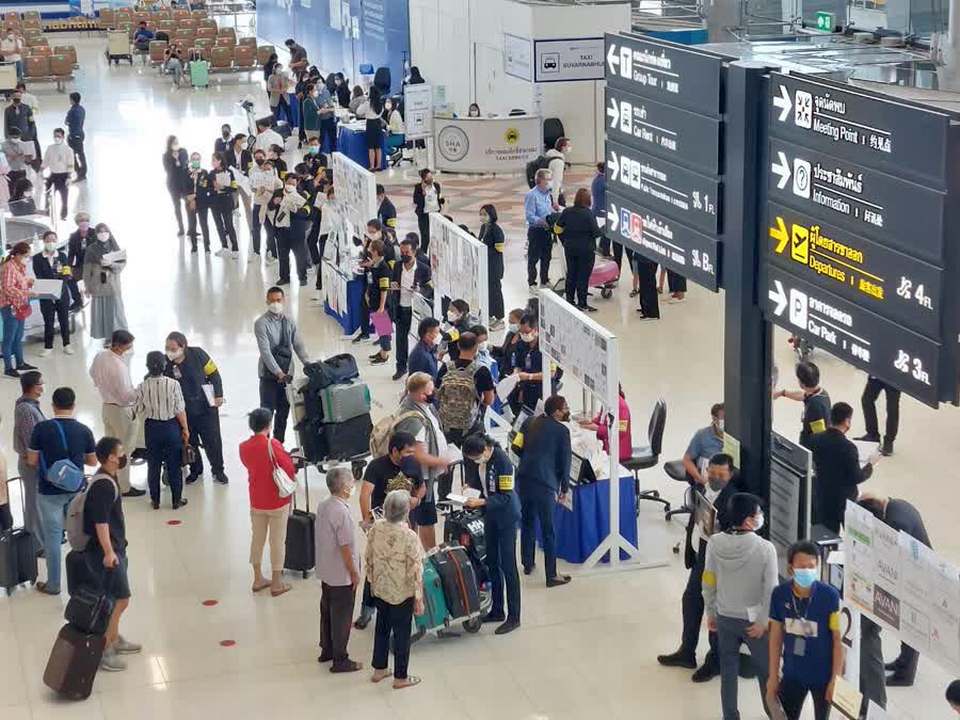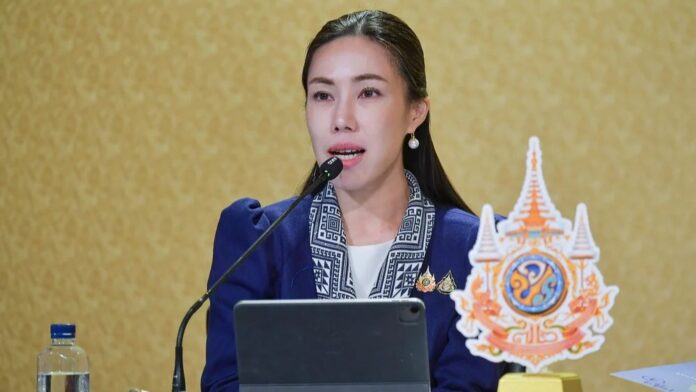Thailand's Ministry of Tourism and Sports has extended its free insurance campaign for international visitors until the end of December. Originally slated to expire on August 31st, the program has been in place since January 1st and offers critical coverage for accidents, emergencies, and deaths.
The extended insurance program provides substantial coverage: up to 1 million baht for cases of death, 300,000 baht for incidents resulting in permanent disabilities or organ loss, and up to 500,000 baht for medical expenses due to accidents. This initiative aims to bolster tourists' confidence by ensuring they have financial protection during their stay.
Sermsak Pongpanit, Tourism and Sports Minister, emphasized the program's importance in assisting foreign visitors during emergencies, including accidents, crimes, and natural disasters. This move is expected to make Thailand an even more attractive destination for international tourists, fostering a sense of security and commitment to visitor well-being.
However, coverage is not provided if tourists have insurance from their travel providers or if the place of accommodation or tourist attraction offers independent insurance. The scheme intends to fill gaps left by tourists' current insurance plans, giving them peace of mind without incurring additional costs.
This year-long extension continues to support Thailand's tourism sector, which has faced significant challenges due to global economic uncertainties and the lingering effects of the pandemic. By maintaining this insurance coverage, Thailand aims to reassure potential visitors and stimulate its recovering tourism industry.
With this initiative, the government hopes that tourists can enjoy their travel experience without worrying about unexpected financial burdens due to unforeseen circumstances, boosting overall visitor numbers and extending stays.
The combination of natural beauty, rich culture, and now, enhanced safety measures, makes Thailand an increasingly appealing destination for global travellers.
TOP: Sermsak Pongpanich, Minister of Tourism and Sports. File photo courtesy: Wikipedia
-- 2024-06-24




